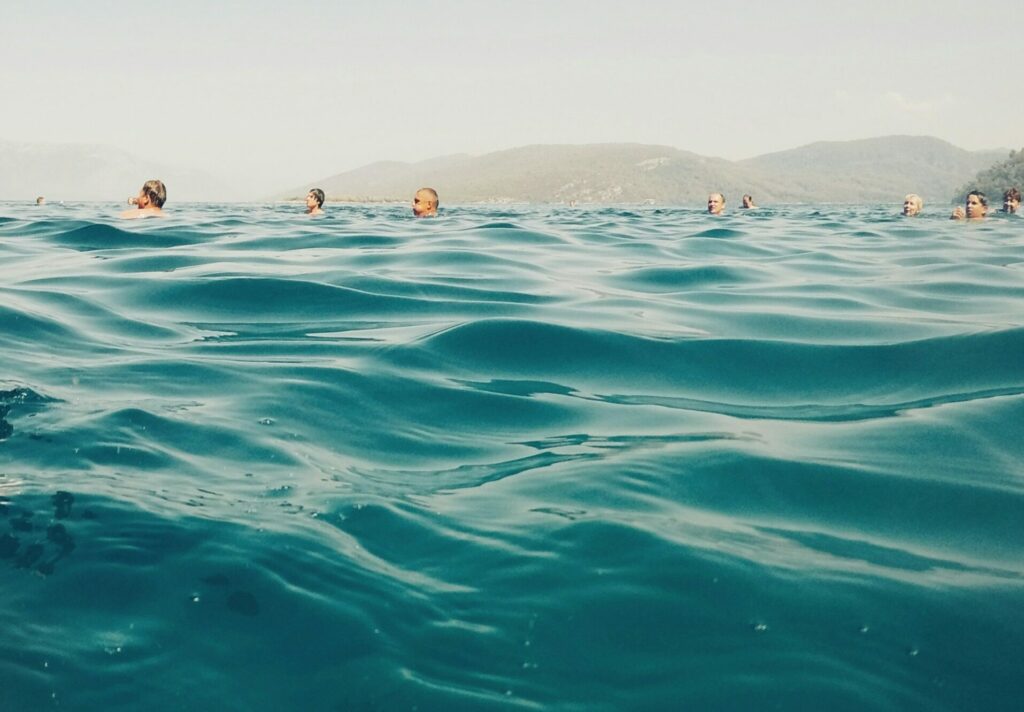September 13th marked the 30th anniversary of the Violence Against Women Act (VAWA), a groundbreaking program that has changed the lives of countless individuals who have experienced abuse. VAWA isn’t just about protecting women—it provides a critical pathway for all survivors of abuse, regardless of gender, to escape dangerous situations and rebuild their lives.
At Hope Immigration, we believe VAWA is one of the most impactful policies USCIS has implemented to help immigrant survivors in our community. For the past three decades, it has provided a lifeline for immigrants facing abuse at the hands of U.S. citizens or permanent residents, offering a way to seek legal status and protection without having to rely on their abuser. We wanted to take a moment to highlight this amazing policy and celebrate all it has done for immigrants in the past thirty years.
What is VAWA?
The Violence Against Women Act was passed in 1994 to address domestic violence, sexual assault, and other forms of abuse within the immigrant community. One of VAWA’s key goals is providing protection for immigrant survivors. It allows them to petition for legal status on their own without having to rely on their abusive spouse or family member. This is a crucial safeguard that gives individuals a way to leave unsafe environments without fear of losing their immigration status.
Who is Eligible for VAWA?
VAWA is available to a broad group of individuals who have experienced abuse from a U.S. citizen or lawful permanent resident. These include:
- Spouses: If you are married to a U.S. citizen or lawful permanent resident and have experienced domestic violence or abuse.
- Children: If you are the child of a U.S. citizen or lawful permanent resident and have been abused.
- Parents: Abused parents of U.S. citizen children.
It’s important to note that while VAWA is titled with the word “women,” the policy applies to men, women, and nonbinary individuals equally. Abuse is never acceptable, and VAWA recognizes that anyone can be a victim, regardless of gender.
How Does the VAWA Process Work?
Filing under VAWA involves a process called a “self-petition.” This allows survivors to independently apply for immigration relief without having to involve their abuser.
Here’s a general overview of the process:
- File Form I-360 (Self-Petition for VAWA): This form is submitted to U.S. Citizenship and Immigration Services (USCIS) with evidence of the abuse, your relationship to the abuser, and proof that you lived with them.
- Establish Good Moral Character: You will need to show that you are a person of good moral character. This is typically done through background checks and other supporting documentation.
- Receive Approval: Once your I-360 is approved, you can apply for a green card, work authorization, and other benefits.
In some cases, the survivor can apply for adjustment of status (green card) at the same time as the VAWA application. Which path you choose depends on each situation. That’s why it’s important to work with an experienced immigration attorney throughout this process to ensure your application is as strong as possible.
Why is VAWA Such an Incredible Program?
VAWA is nothing short of life-saving for immigrant survivors. Before the program was created, many immigrants were trapped in abusive relationships, fearful that if they left, they would be deported or separated from their children. With VAWA, survivors can now step forward, escape abusive situations, and build safer futures without the threat of losing their legal status in the U.S.
Over the past 30 years, VAWA has helped thousands of individuals regain control of their lives. According to reports from USCIS, more than 130,000 people have received protection under the program since its inception. These individuals are now able to work, live freely, and support their families without living in fear. We are honored to have helped a small number of that 130,000 survivors in our eleven years as Hope Immigration and we look forward to helping many more survivors gain security and a better future through this program.
Looking to the Future: VAWA’s Legacy
As we celebrate the 30th anniversary of this incredible law, we also look forward to its future. The Violence Against Women Act has provided vital protections and legal pathways for survivors of abuse for three decades, and we hope it continues to do so for many more.
At Hope Immigration, we are honored to assist survivors in their immigration. If you or someone you know is facing abuse and needs immigration help, know that VAWA is here for you. Reach out to our team today to learn more about how we can help you navigate this process and find the security and peace of mind you deserve.
Here’s to another 30 years of VAWA—standing strong as a beacon of hope and protection for survivors everywhere.


